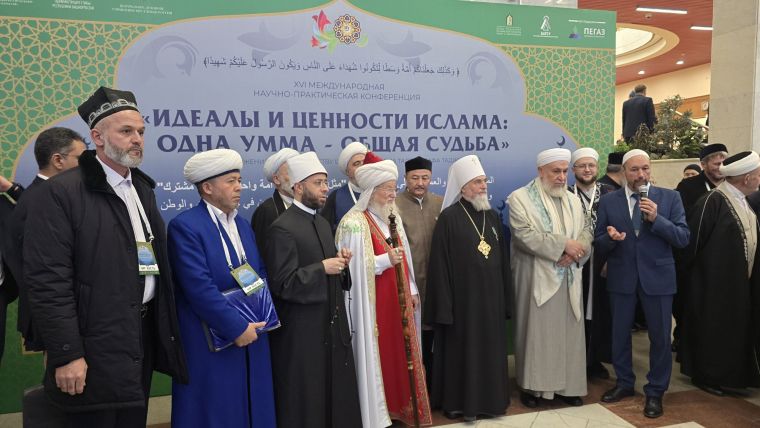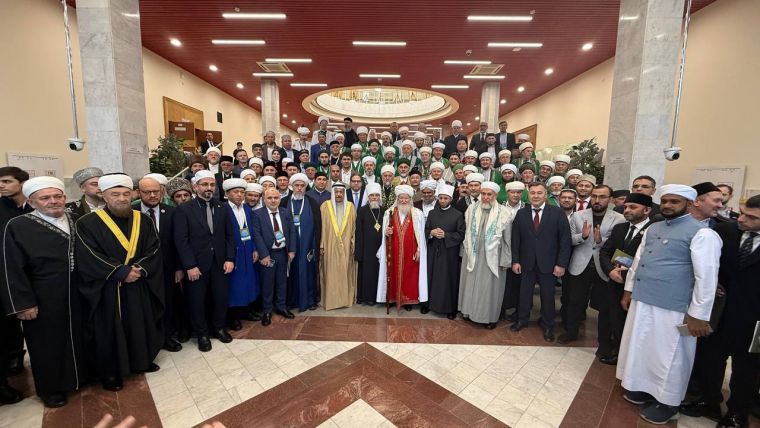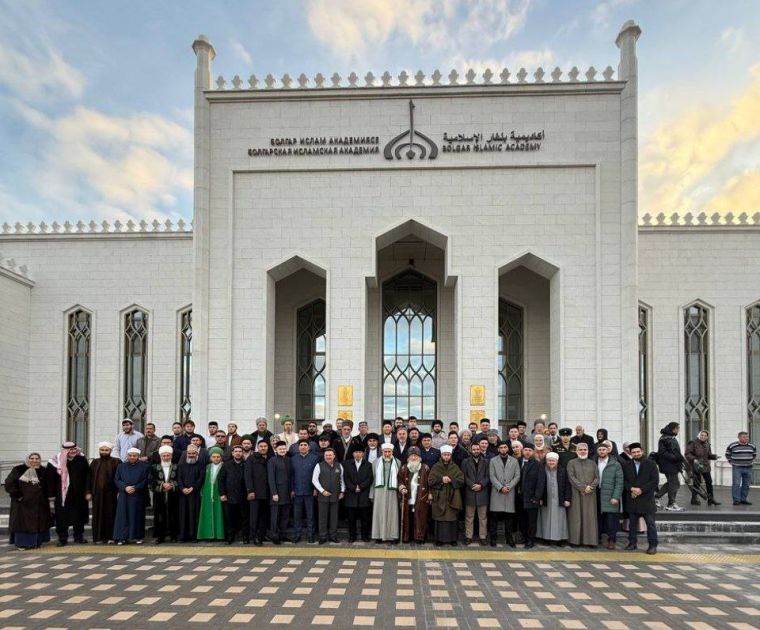Tashkent city


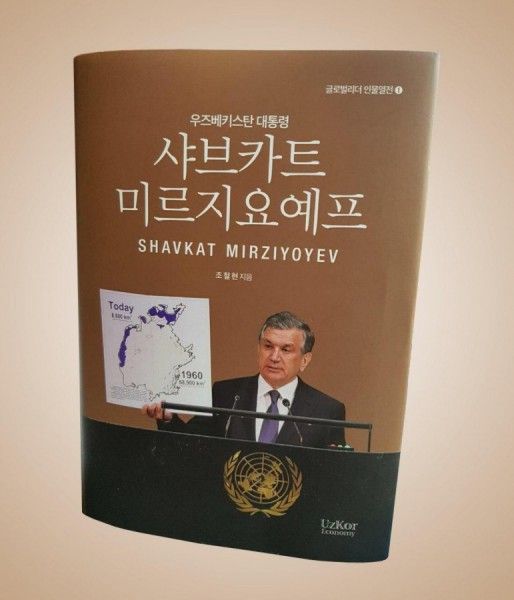
People who used to practice wresting should know the following rule: wrestler knows the other wrestler by one glance. If you remember Mr. Lee Myon Bak who was the President of South Korea in 2008-2013 and whose book called “Magic does not happen” became popular in our country. In his book the author remembers the meetings with Malaysian and Singaporean state leaders when he was the construction manager at “Hyundai”. Looking at those leaders he admired them and concluded that those countries would prevail Korean development.
It is true that one can surprise Korean with everything, but in order to surprise them working hard one should at least be Malaysian or Singaporean. It was even noted by Sherzodkhon Qudrakhodjayev in his Facebook comment. But our President’s dedication, limitless energy and efforts, love to Motherland, initiative and fruitful new ideas surprised Koreans.
As the proof of the aforesaid idea, last month the 320- pages book under the title “Shavkat Mirziyoyev is The President of Uzbekistan” was introduced to public in Korean language.
The book analyzes the developments initiated by the President Mirziyoyev. Liberalization of economy, identifying specific measures on attracting and protecting foreign investment, liberalization of foreign currency, strengthening social protection of population, new policy towards provinces, freedom of speech and protection of principles of constitutional rights, overall democratization and liberalization of the society….It was noted that these were the initial results of new developments.
By the way, when hearing about our President visiting various places with a very short time between destinations, people surprise by asking questions “When does this person have a rest?” For example, recently the leader of the country has got acquainted with construction works in Tashkent international airport named after Islam Karimov. The service capacity of the airport is expected to rise up to 1,5 thousand passengers. The project is jointly funded with South Korean bank. The President who closely studied the situation offered his own suggestions on developing the infrastructure.
“The airport is the entrance to Uzbekistan that’s why it must possess all convenience,” underlined President.
The leader of our country has also visited Tashkent Power Plant, where he participated in the opening ceremony of the new steam-gas block. He pressed the start button of 370 MW steam-gas engine. A number of young specialists who received practical knowledge abroad and in Navoi Power Plant were employed.
The President who visited “Akfa Medline” medical center noted the importance of private medical centers: “If the private medical centers increase, the competition of this market will grow resulting in price decrease. It is very important factor.”
In its turn, the Head of the country gave instructions to establish the branch of South Korean medical institute in our country. As a result the price for the medical services should not increase dramatically.
“I learned the people’s situation. I treated elders as my brothers and young as my sons…” wrote Amir Temur in his “Temur’s collection”.
It is true that a person who studies the reality of ordinary people will receive public affection.
In conclusion, if we take our President’s qualities such as dedication, initiative, hardworking and patriotism as an example and perform our works better then our Motherland will prosper even better.
Press service of Muslim Board of Uzbekistan
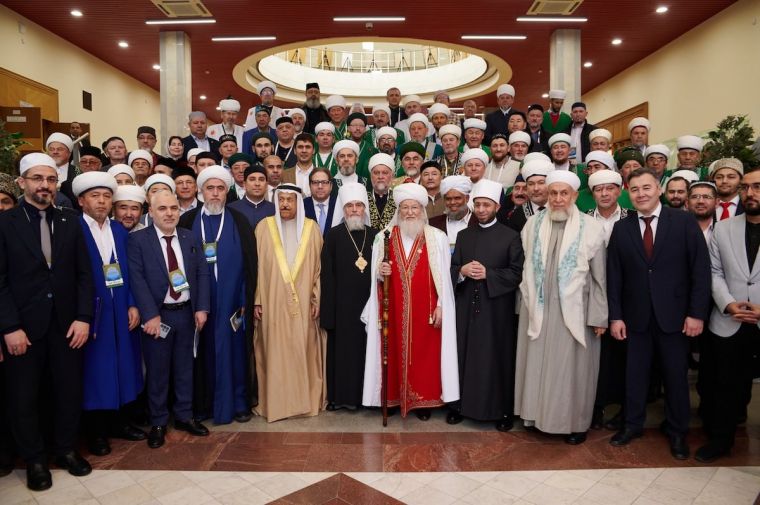
In the city of Ufa, the XVI International Scientific and Practical Conference titled “Islamic Ideals and Values: One Ummah – Shared Destiny” was held. The event was attended by a representative of the Muslim Board of Uzbekistan, Ibrohimjon domla Inomov.
Organized by the Central Spiritual Administration of Muslims of Russia, the Moscow Foundation for the Support of Islamic Culture, Science and Education, and the Council for State–Religion Relations under the Head of the Republic of Bashkortostan, the conference gathered more than 600 participants.
The aim of the conference was to strengthen spiritual and moral values, promote interfaith and interethnic harmony, and develop initiatives that enhance the constructive potential of the Muslim Ummah in Russia and across the Eurasian region.
At the event dedicated to the 45 years of service of Mufti Talgat Tadzhuddin in the cause of religion and the homeland, the representative of the Muslim Board of Uzbekistan, Ibrohimjon domla Inomov, delivered a speech. In his address, he conveyed the congratulations of the Chairman of the Muslim Board of Uzbekistan, Mufti Shaykh Nuriddin Kholiqnazar.
A traditional Uzbek chapan was presented to Mufti Talgat Tadzhuddin, Chairman of the Central Spiritual Administration of Muslims of Russia.
